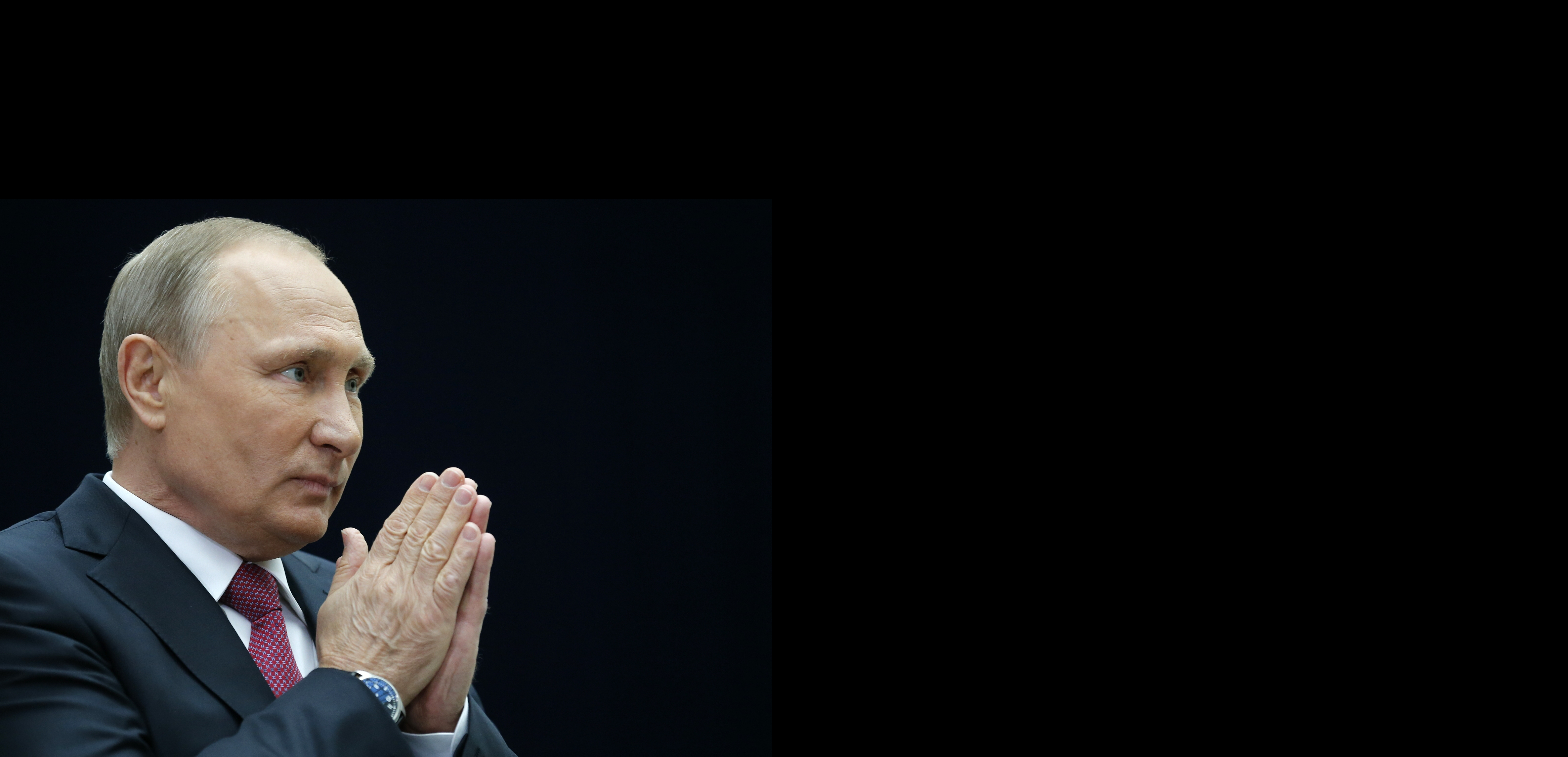If Putin bet on Trump, he bet wrong
The Russians don't have a Manchurian candidate in the White House. They have a totally unpredictable wild card.


A free daily email with the biggest news stories of the day – and the best features from TheWeek.com
You are now subscribed
Your newsletter sign-up was successful
If the Russian government actively colluded with Donald Trump's presidential campaign to steal the election from Hillary Clinton — a claim of which I remain unconvinced — they are probably suffering from a serious case of buyer's remorse right about now.
The new sanctions on Russia handed down by the Republican Congress, and backed by President Trump, will be crippling for the Russian economy and hard on many American businesses as well (including Secretary of State Rex Tillerson's former employer). More important, the language of the sanctions puts Russia on the same level as Iran and North Korea as enemies of the United States rather than curmudgeonly partners whose quirks have to be navigated with care and sensitivity. The days when George W. Bush could say that he had looked into Vladimir Putin's soul and seen a fundamentally good man, a statesman with whom it was possible to do business, or when Barack Obama could mock Mitt Romney about stealing his Russia-antagonizing foreign policy from the '80s, are over.
It's easy to understand why Putin has responded to the U.S. Congress by drawing up counter-sanctions and expelling more than 700 American diplomatic personnel from Russia. Relations between the two countries are at their worst point since the Cold War; in its last years, the United States and Russia were actually getting along better, not least because they had clear shared objectives. In fact, it would hardly be a stretch to say that between the new sanctions and Vice President Mike Pence's recent speech following meetings with Baltic leaders about how our commitment to NATO is more necessary than ever in light of Russian aggression, the Cold War is back — and heating up very quickly.
The Week
Escape your echo chamber. Get the facts behind the news, plus analysis from multiple perspectives.

Sign up for The Week's Free Newsletters
From our morning news briefing to a weekly Good News Newsletter, get the best of The Week delivered directly to your inbox.
From our morning news briefing to a weekly Good News Newsletter, get the best of The Week delivered directly to your inbox.
This cannot be what Putin and his agents had in mind when they decided to throw their weight behind the New York businessman who claimed to admire the Russian strongman.
Unless, of course, Trump and Putin are playing the longest of long games. But if Putin had planned on eventually getting the United States and its NATO allies off his back, and securing a more favorable trade relationship for his country with the world's largest economy, torpedoing even the possibility of diplomacy in the short term seems like a strange way of going about it.
Maybe he was double-crossed?
If that is the case, Putin is like millions of Americans who voted for Trump in the hope of electing someone who would not govern as a conventional Republican. Just as many people who had supported President Obama's re-election pulled the lever for Trump because they trusted him to be a prudent steward of our entitlement programs and a pragmatic job creator who would put full employment and the maintenance of infrastructure above conservative orthodoxy, anyone in Russia going out of his way to tip the scales for Trump must have been counting on the idea that he would be a moderate realist in foreign policy rather than a hawk in the mold of his Democratic opponent and lawmakers in the vanguard of his adopted party. Indeed, concern that Trump would be insufficiently committed to playing hardball with Russia and Iran was one of the reasons that Republican Sens. John McCain and Lindsey Graham were reluctant to lend support to their party's eventual nominee — and the hope that he would be more prudent was perhaps the only thing that Sen. Rand Paul, a dovish libertarian, liked about the man who had not long ago been an advocate of single-payer health care.
A free daily email with the biggest news stories of the day – and the best features from TheWeek.com
Of course, there is also the possibility that Trump, whether he and members of his campaign staff colluded or not, did intend to take a more conciliatory line with America's once and future enemy. Perhaps he has changed his mind, something not exactly out of keeping for a man for whom something like hiring a new communications director against the advice of his entire staff and then unceremoniously removing the new hire from his post after 10 days is standard operating procedure. It could be that conversations with his military advisers have changed his mind. Maybe he wants to throw a bone to Republicans in Congress in the hope of getting a more favorable hearing later on for his domestic agenda — assuming he still has one. Or maybe the whole thing is a cynical ploy to distract the press from his very real collusion with the Ruskies. None of these is mutually exclusive.
But the main takeaway is clear: The president of the United States is one of the least predictable men in the world. The question is whether that's a good thing.
Matthew Walther is a national correspondent at The Week. His work has also appeared in First Things, The Spectator of London, The Catholic Herald, National Review, and other publications. He is currently writing a biography of the Rev. Montague Summers. He is also a Robert Novak Journalism Fellow.
